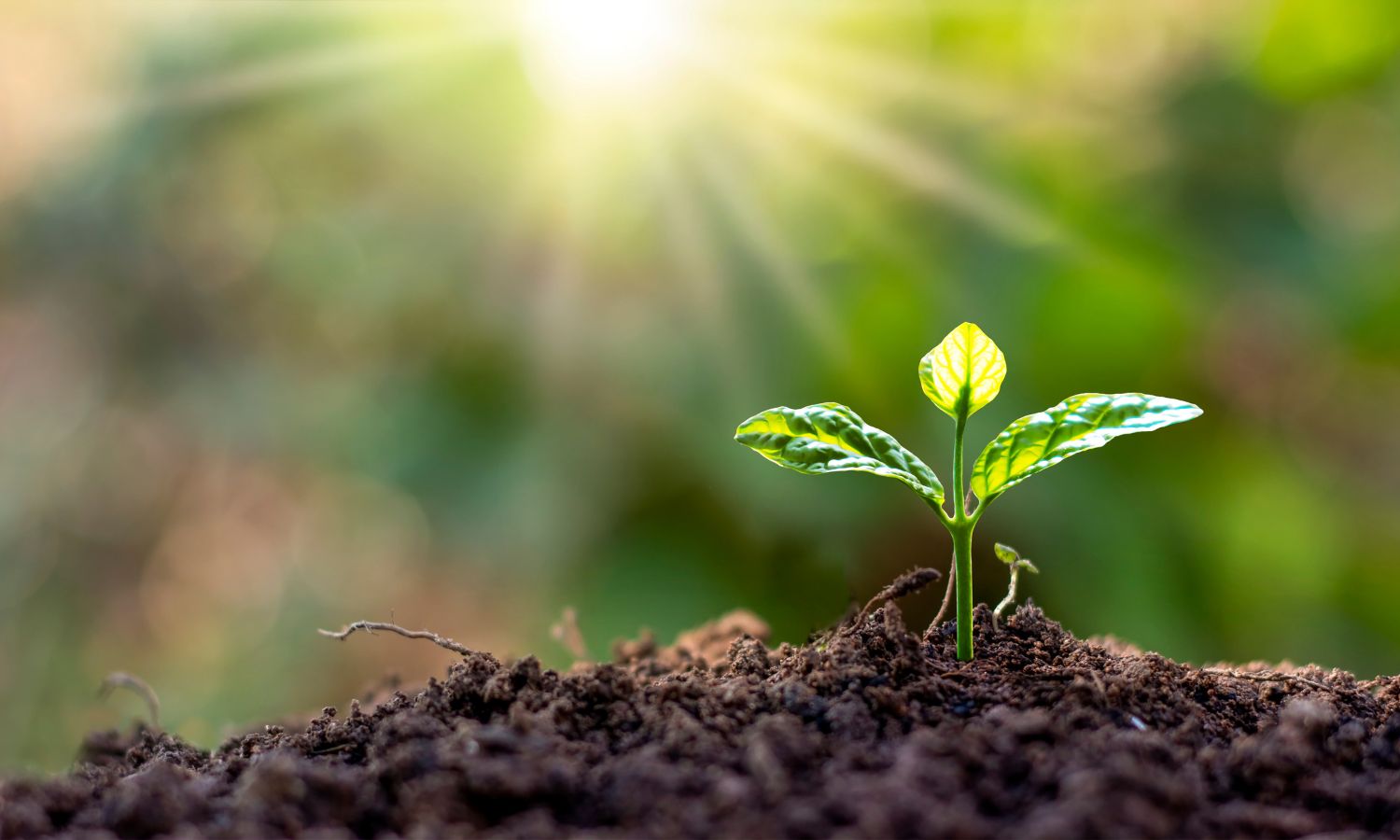Have you ever wondered about the inner workings of a plant? The complex structure, its diverse functions, and its amazing ability to adapt to different environmental factors is nothing short of incredible. Understanding these intricate processes, collectively known as whole plant physiology, is not just fascinating but holds immense potential for the future of agriculture and ecosystem restoration.
From the tiny seedling that sprouts from the earth to the towering tree that gives us shade, each stage of plant growth is a testament to the wonder of whole plant physiology. As we delve into this envigorating topic, you'll get to see how this comprehensive understanding can revolutionize farming practices, make our food more nutritious, and even drastically improve crop yields. Turn the page, and let's dive into the captivating world of whole plant physiology.
:Introduction to Whole Plant Physiology
Whole plant physiology is an intriguing discipline that studies the physiological processes of plants in entirety. It includes the investigation of a plant's structure, functions, and responses to environmental factors. Understanding the whole plant physiology is significant, as it provides a holistic view, helping scientists optimise a plant's growth and yield, and explore its full potential.
Studying whole plant physiology is an effective route to advancing agricultural growth and breaking new grounds in the field. One of the many fruits of this study is it provides the scientific community with rich insights into plant adaptability and survival strategies in different environments, leading to breakthroughs in plant productivity and sustainability. This understanding unchains the myriad of possibilities for agriculture, including but not limited to, development of high-performing crop varieties and effective mitigation strategies against plant diseases.
Despite the challenges, whole plant physiology remains a vibrant field captivating the curiosity of science and the horticultural community.
?What are The Benefits of Studying Whole Plant Physiology
The exploration and understanding of whole plant physiology serve as a catalyst for scientific advancements in agriculture. Delving into the intricate nature of plant functions helps in developing innovative techniques for plant breeding and crop improvement. This knowledge becomes pivotal in enhancing the plant's disease resistance capability, thereby promoting sustainable agriculture.
Learning about whole plant physiology isn't just about understanding plant growth. It can also assist us in monitoring and adjusting elements crucial for plant health, such as water and nutrients. With optimal resource allocation, we ensure the highest yield from each plant.
Furthermore, the study of whole plant physiology paves the way for more efficient farming practices. The insight derived from this field of study can be harnessed to maximize crop yields, thus ensuring food security. Hence, the benefits of studying whole plant physiology stand to significantly enhance agricultural productivity and sustainability.
?What are The Applications of Whole Plant Physiology
One of the most versatile branches of botany, the study of whole plant physiology, has unveiled a multitude of applications capable of transforming various fields ranging from horticulture to forestry, and ecological research. In horticulture and forestry, a deeper understanding of whole plant physiology can lead to more effective and targeted pest control strategies. By understanding the physiological responses of plants to various pests, we can devise tailored measures to protect their health and yield.
Moreover, insights from whole plant physiology have underpinned the advancement of innovative crop management techniques. For instance, by discerning how different plant species utilize available resources, farmers can optimize the distribution of water and nutrients. This not only enhances crop productivity but significantly contributes to the sustainable use of resources, as emphasized in the previous section.
In addition, whole plant physiology is central to achieving sustainable ecosystem restoration. Comprehending the diverse physiological responses of plants allows scientists and ecologists to make informed selections of the best species for specific restoration projects, ensuring the regeneration of healthy, diverse, and resilient ecosystems.
Furthermore, the application of this scientific field plays a critical role in enhancing the nutritional value and overall quality of our plants. By manipulating plant physiological processes, we're able to increase the production of nutrient-dense crops, thereby optimizing human health and well-being.
In conclusion, whole plant physiology is a critical area of study with a multitude of benefits and applications. Through deepening our understanding of a plant's structure and function, we pave the way for innovative plant breeding techniques, improved crop management, and the development of sustainable farming practices. With the global population projected to reach nearly 10 billion by 2050, the role of whole plant physiology in boosting crop yields and enhancing nutritional value is indispensable.
Inevitably, this field holds immense promise for the future of agriculture, pushing us towards a food-secure and ecologically balanced world.

